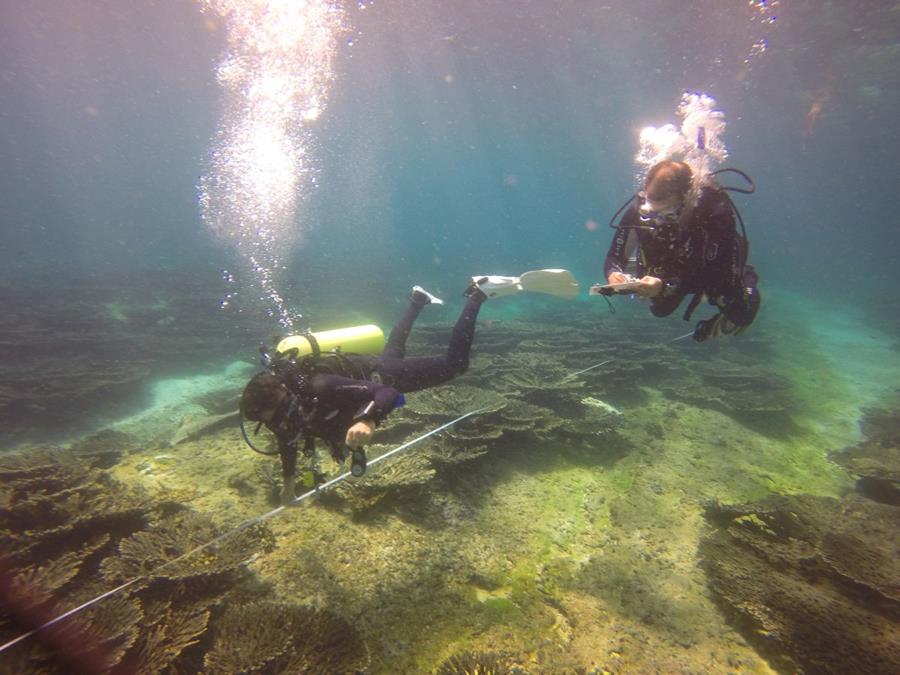Maldives coral reefs show signs of resilience and recovery
Scientists expected to find dead and dying reefs.

02 Oct 2019, 09:00
Corals reefs in the Maldives are showing signs of resilience, adaptation and recovery from the effects of climate change, an annual survey has found.
The survey was conducted in a 250km area in the central atolls by Biosphere Expeditions, Marine Conservation Society, Reef Check Maldives and local NGO Save the Beach, according to a press statement released on Tuesday. It was the ninth survey of its kind since 2010.
“We were devastated in 2016 when a global warming event killed off large swathes of the reefs. The reefs showed little recovery in 2017 and 2018, and we expected more bad news in 2019,” said Dr Jean-Luc Solandt, the expedition’s lead scientist.
The team found many baby corals less than one year old and young corals between one and three years old as well as various coral species growing at sites expected to be dead or dying.
Become a member
Get full access to our archive and personalise your experience.
Already a member?
Discussion
No comments yet. Be the first to share your thoughts!
No comments yet. Be the first to join the conversation!
Join the Conversation
Sign in to share your thoughts under an alias and take part in the discussion. Independent journalism thrives on open, respectful debate — your voice matters.




